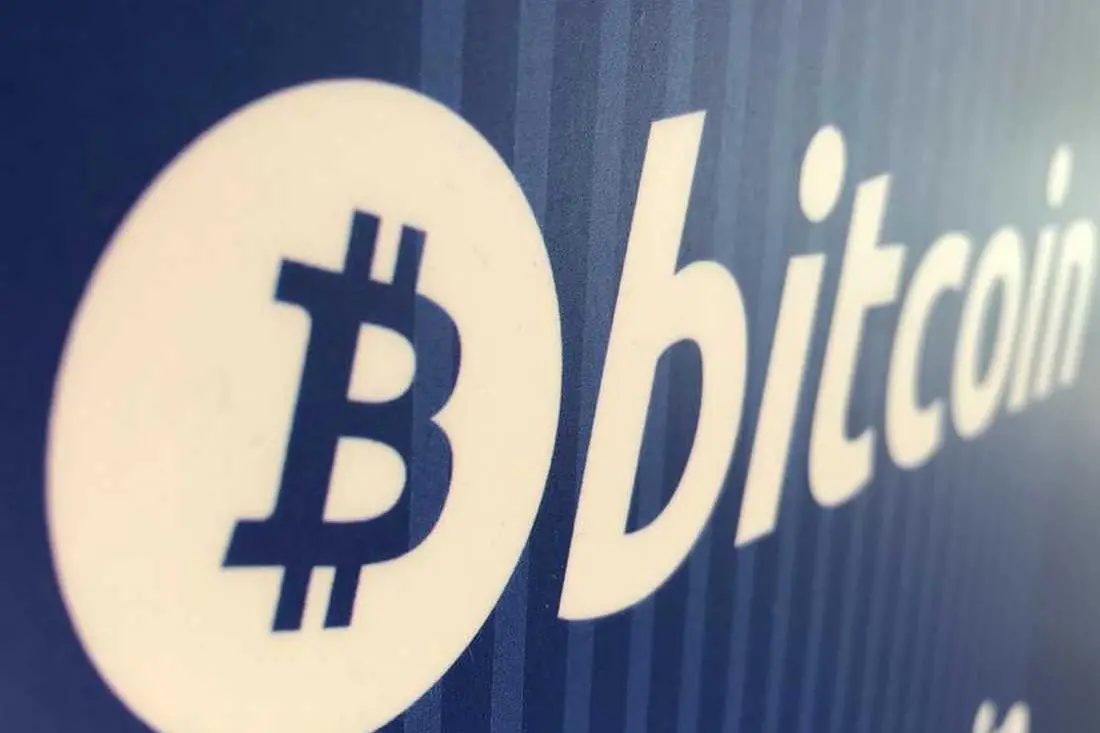PHOTO
Saudi entrepreneur Mohammed Alsehli decided early on in his career to quit the corporate life and start a business that seeks to cater for the Arab world’s young and tech-savvy population. (Read more here).
The 30 year-old software engineer graduated from King Fahd University of Petroleum and Minerals (KFUPM) in 2011. He undertook a number of roles, including a stint at Microsoft before moving into the entrepreneurial sphere. In 2016, he moved to the UAE with a group of Saudi entrepreneurs to work on building a blockchain-based system that would allow users in the Middle East to build smart contracts and decentralised applications.
“I worked in the banking industry for a while as an enterprise architect. I dealt with enterprise solutions… treasury systems, payments… Then I did a lot of studies on innovation, technology, management in Ireland and France and then I worked with Microsoft for a while,” Alsehli told Zawya in an interview last week.
“Then I founded a couple of startups - one of them is ArabianChain. I always kind-of felt that I would enjoy entrepreneurship more than just normal corporate life,” he added, speaking on the sidelines of the Unlock Blockchain conference, one of two blockchain conferences hosted by Dubai this month. (Read more here).
He set up ArabianChain last year. The new startup offers blockchain-based products and services to the region’s audience and also serves as the platform for Palmex, a new exchange for digital currencies and assets launched this month. (Read more here).
“We are focusing on the region. Starting from here, from the UAE and then expanding to the Gulf, then hitting the markets we see has the potential as well, such as Egypt and Morocco,” Alsehli said, adding that he was motivated to enter the Middle East market after Dubai announced plans to implement a citywide blockchain-based platform by year 2021. (Read more here).
The blockchain technology is a decentralised digital ledger that facilitates secure online transactions and data. It can also be used to build and secure online applications and smart contracts, a virtual version of a contract that could be accessed by any party or person upon the request of any of the involved entities or persons.
“We think globally but we start locally,” Alsehli said, adding that he is also interested in entering the Saudi market at a later stage, given recent economic decisions to open the kingdom’s markets that he described as “progressive”. Saudi Arabia announced in 2016 an economic plan to help the kingdom generate new sources of income and counter the global sharp fall of oil prices. (Read more here).
Further reading:
(Reporting by Yasmine Saleh; Editing by Michael Fahy) (Yasmine.saleh@thomsonreuters.com)
The 30 year-old software engineer graduated from King Fahd University of Petroleum and Minerals (KFUPM) in 2011. He undertook a number of roles, including a stint at Microsoft before moving into the entrepreneurial sphere. In 2016, he moved to the UAE with a group of Saudi entrepreneurs to work on building a blockchain-based system that would allow users in the Middle East to build smart contracts and decentralised applications.
“I worked in the banking industry for a while as an enterprise architect. I dealt with enterprise solutions… treasury systems, payments… Then I did a lot of studies on innovation, technology, management in Ireland and France and then I worked with Microsoft for a while,” Alsehli told Zawya in an interview last week.
“Then I founded a couple of startups - one of them is ArabianChain. I always kind-of felt that I would enjoy entrepreneurship more than just normal corporate life,” he added, speaking on the sidelines of the Unlock Blockchain conference, one of two blockchain conferences hosted by Dubai this month. (Read more here).
He set up ArabianChain last year. The new startup offers blockchain-based products and services to the region’s audience and also serves as the platform for Palmex, a new exchange for digital currencies and assets launched this month. (Read more here).
“We are focusing on the region. Starting from here, from the UAE and then expanding to the Gulf, then hitting the markets we see has the potential as well, such as Egypt and Morocco,” Alsehli said, adding that he was motivated to enter the Middle East market after Dubai announced plans to implement a citywide blockchain-based platform by year 2021. (Read more here).
The blockchain technology is a decentralised digital ledger that facilitates secure online transactions and data. It can also be used to build and secure online applications and smart contracts, a virtual version of a contract that could be accessed by any party or person upon the request of any of the involved entities or persons.
“We think globally but we start locally,” Alsehli said, adding that he is also interested in entering the Saudi market at a later stage, given recent economic decisions to open the kingdom’s markets that he described as “progressive”. Saudi Arabia announced in 2016 an economic plan to help the kingdom generate new sources of income and counter the global sharp fall of oil prices. (Read more here).
Further reading:
- Saudi power firm to issue e-bills by end of January
- U.S. CFTC sues three virtual currency operators for fraud
- INTERVIEW: Dubai's BitOasis cryptocurrency exchange eyes regulations for online trading - CEO
- Bitcoin: Everything you need to know about the rise of the largest and best-known cryptocurrency
(Reporting by Yasmine Saleh; Editing by Michael Fahy) (Yasmine.saleh@thomsonreuters.com)
Our Standards: The Thomson Reuters Trust Principles
Disclaimer: This article is provided for informational purposes only. The content does not provide tax, legal or investment advice or opinion regarding the suitability, value or profitability of any particular security, portfolio or investment strategy. Read our full disclaimer policy here.
© ZAWYA 2018





















